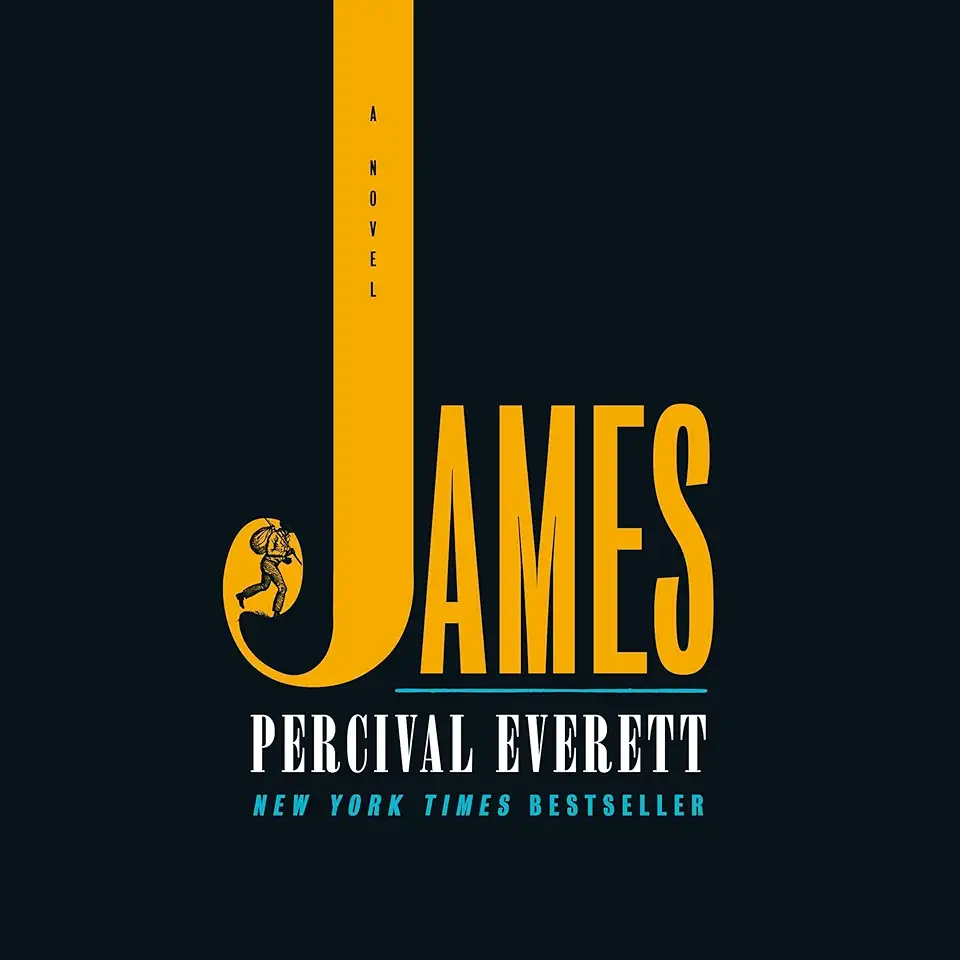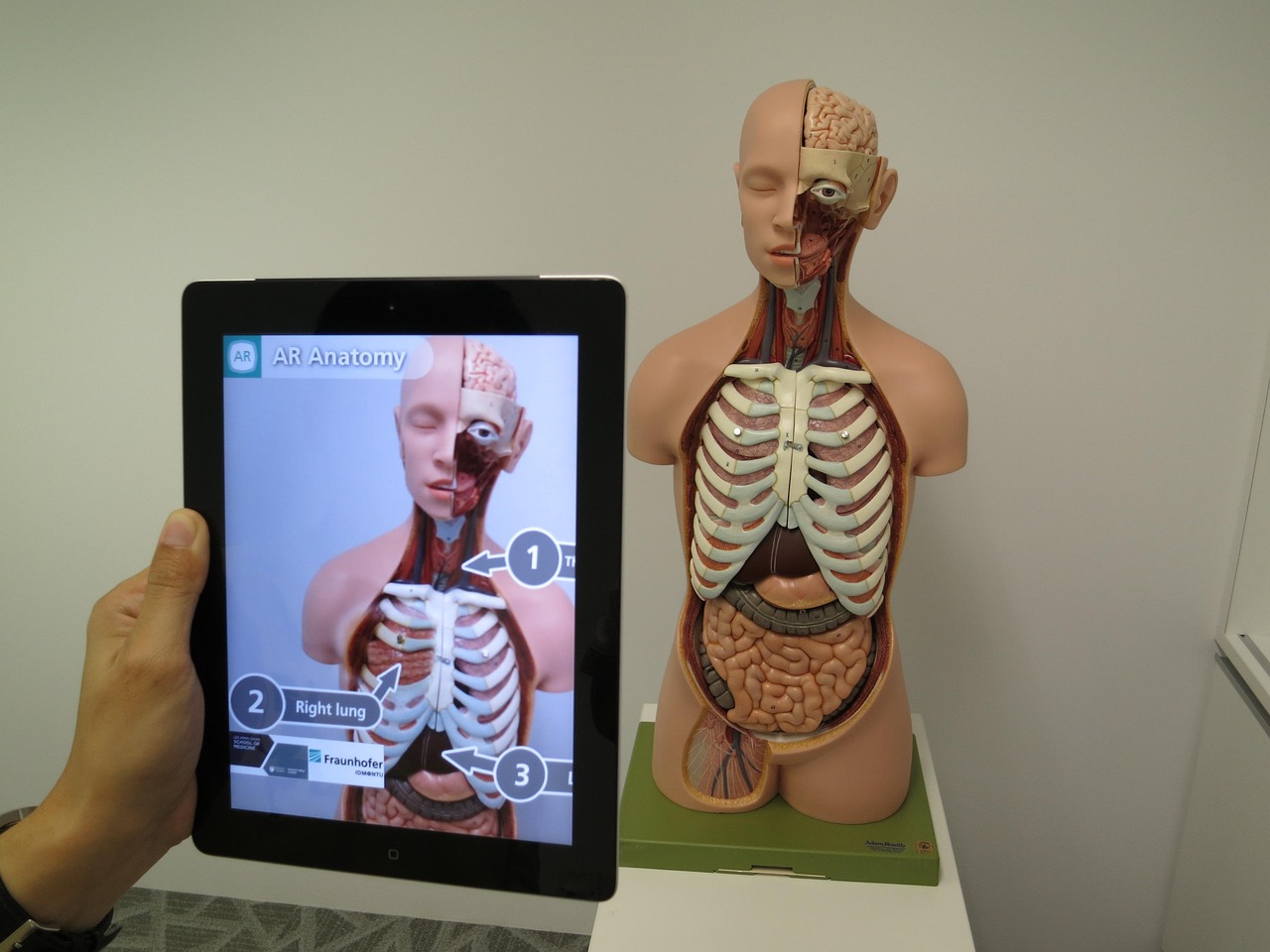
Introduction
## Why Open Data Science Is About to Get Real. Look, if you’ve ever dipped your toes into data science, you know it can feel like trying to crack the Da Vinci Code blindfolded. The tools, the jargon, the endless libraries—it’s enough to make your head spin. But here’s the thing: a bunch of folks behind the scikit-learn project have been quietly cooking up something that might just change the game. Meet Skolar, a new open-source educational platform designed to bring open data science from the ivory towers of academia right down to your laptop, no fancy degree required. Skolar isn’t just another online course or a dusty GitHub repo with code nobody can understand. It’s a community-driven initiative built by the very maintainers who keep scikit-learn humming, backed by Probabl, a smart company that’s invested in keeping these tools alive and kicking for the long haul. If you think data science is just for the elite few or that open source means a mess of confusing documentation, Skolar is here to prove you wrong.
What’s Skolar All About
Imagine a place where you can learn data science hands-on, with real-world examples that don’t feel like schoolwork but like actual skills you’d use in a hospital, a bank, or wherever data is king. Skolar kicks off with a Scikit-learn Associate Practitioner online course—which is basically a souped-up version of the popular Inria MOOC—with fresh content on unsupervised learning like clustering. But that’s just the appetizer. On deck are courses covering data wrangling (shoutout to the folks behind the skrub library), survival analysis (hazardous), and tackling fairness in machine learning (fairlearn).
They’re also cooking up industry-specific modules aimed at healthcare, finance, medicine—basically wherever you want to apply data skills to fix real problems. What makes Skolar special isn’t just the content; it’s the spirit of openness, collaboration, and peer learning. People build it together, learn together, and improve it together.





Why This Matters More Than Ever
Here’s the kicker: While tech giants rake in billions, access to quality data science education is still a steep mountain for many. Skolar’s open-source approach breaks down barriers. Instead of locked paywalls or corporate hand-me – downs, Skolar hands you the keys to a thriving ecosystem where you can actually contribute and shape the future of data science education. That’s powerful. And let me tell you, behind this initiative are real people with serious chops. Take Adam Li, the newest maintainer on the scikit-learn team and a postdoc at Columbia University. This guy’s got a resume that reads like a who’s who of AI and computational neuroscience. His research dives deep into causal AI—basically trying to figure out what’s really causing what in complex data sets (think: brain recordings from monkeys and humans).
Adam’s journey started like many of ours: as a user frustrated with clunky tools, switching from Matlab to Python, and stumbling upon open source gems that made life easier. From there, he dove headfirst into contributing, eventually joining the scikit-learn maintainer team.

The Real Struggles Behind Open Source Fame
Don’t get it twisted—maintaining a massive open-source project like scikit-learn is a grind. Adam’s story sheds light on how adding new features isn’t just about writing code and calling it a day. There’s a hefty maintenance cost, compatibility headaches, and the challenge of fitting new ideas into a complex, well-oiled machine. For example, Adam has been working on adding categorical data support to decision trees, a seemingly small tweak that actually makes a huge difference in handling real-world messy data. And it’s not just about code. It’s about community—reviewing pull requests, fixing bugs, improving documentation, and keeping the whole thing running smoothly. Adam’s work also extends beyond scikit-learn into projects like PyWhy (for causal inference) and his own treeple package, pushing the envelope on decision tree models. It’s a labor of love that’s driven by impact, not just the glory. ## What You Can Do Right Now. If you’ve ever wanted to level up your data science game without breaking the bank or drowning in confusing tutorials, Skolar is the place to start. Create your account today, dive into the courses, and if you’re feeling adventurous, jump into contributing. Whether you’re a beginner, a pro, a teacher, or just someone curious, Skolar welcomes you to roll up your sleeves. And here’s the neat part—because it’s all open source, your feedback shapes what comes next. We’re talking professional and expert courses, industry-specific deep dives, and more tools that fit what you actually need out in the wild. It’s like building a data science boot camp by the people, for the people.
Bottom Line
Data science doesn’t have to be a club you’re not invited to. Initiatives like Skolar, backed by passionate maintainers like Adam Li and companies like Probabl, are tearing down walls and handing out the blueprints. This isn’t some pie-in – the-sky promise—it’s happening right now, with tens of thousands already on board. The future of open data science education is interactive, collaborative, and real-world ready. So, if you want to stop spinning your wheels and start mastering these skills on your own terms, Skolar’s waiting. No gatekeepers, no fluff. Just solid learning, real tools, and a community that’s got your back. You in?




